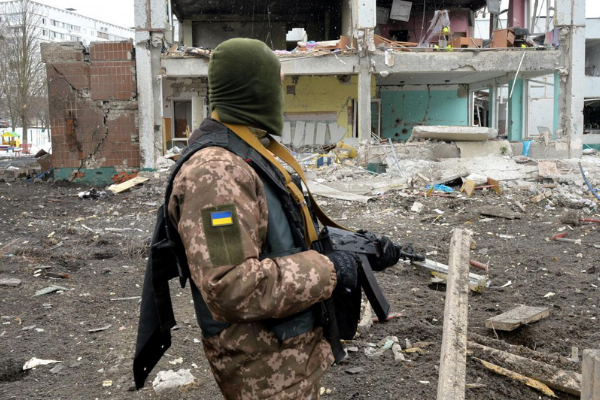As Russia continues its brutal campaign against Ukraine, the European Commission adopted the fourth set of sanctions against the invading country on Tuesday. The new measures target Russia’s economy and wealthy elites with ties to President Vladimir Putin.
The latest restrictions follow the EU’s threat to intensify measures against Russia on 5 March. Belgium’s Prime Minister Alexander de Croo also urged the EU to quickly take action to hurt Russia.
The new sanctions will fully prohibit transactions with certain Russian state-owned enterprises, ban new investment in the Russian energy sector, and impose a €3.3 billion import ban on steel products from Russia.
The EU will also ban the export of luxury goods such as cars and jewellery in a move that takes aim at Russian elites. The list of sanctioned individuals and entities has also been further extended to include more oligarchs and business elites linked to the Kremlin.
Related News
- Flanders gets ready to welcome Ukrainian refugees
- Russia admits that Ukraine invasion is not going exactly to plan
- Belgium freezes €10 billion Russian assets
Companies that are active in the military sector or provide logistical support will be prohibited from dealing with Russia. A more comprehensive list now targets those active in disinformation campaigns.
Access to the EU’s financial markets has been curtailed for Russian companies by stripping them of their EU credit ratings.
Together with World Trade Organisation (WTO) members, the EU agreed to deny Russian products and services ‘most favoured nation’ treatment in EU markets. This will see Russia lose significant benefits that it enjoys as a WTO member.

